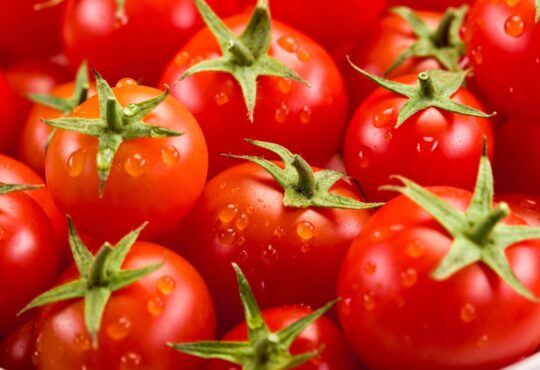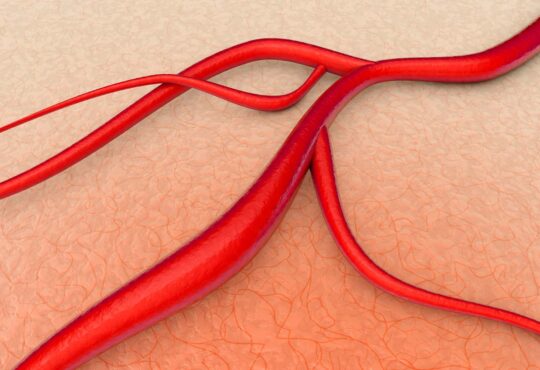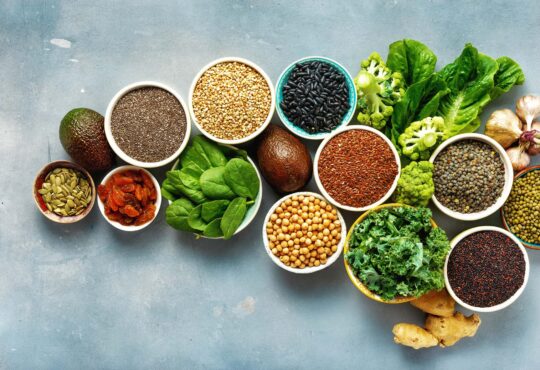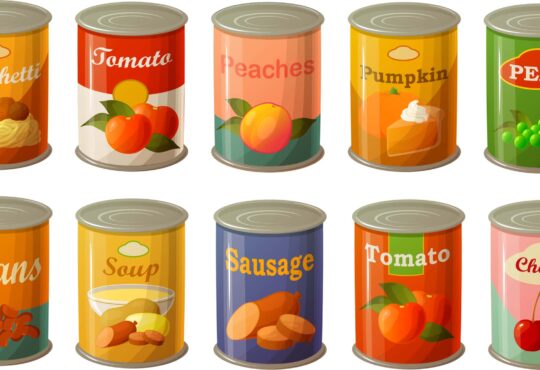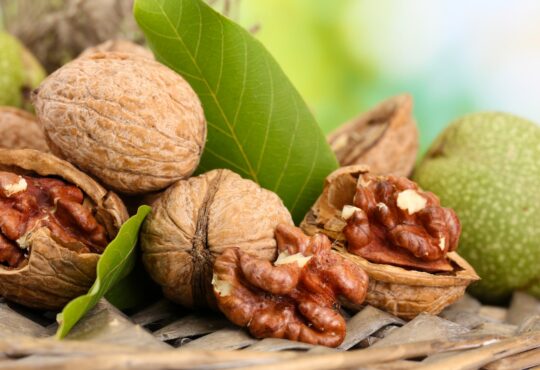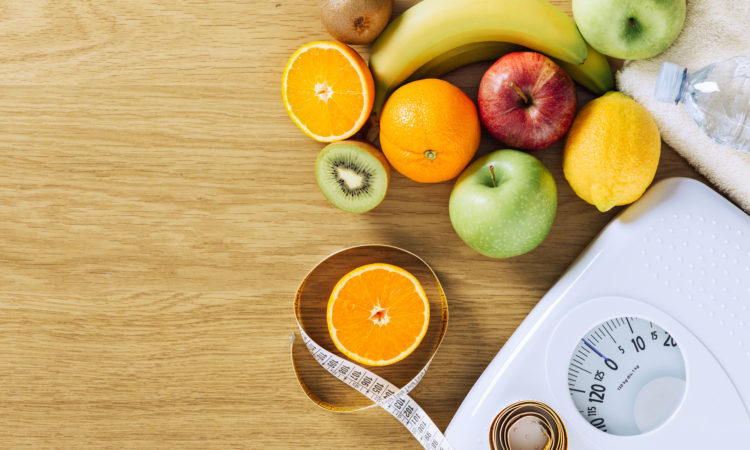
One reason for the world’s pandemic of obesity is the massive number of obesogenic pollutants we’re all exposed to.
“Obesogenic” is a scientific word that means “something that makes you fat.”
And I’m not talking about chocolate cake, lying on the couch or even drinking a case of beer every night.
Some of these toxic pollutants disrupt our hormones, making us gain weight.
They’re one reason Americans have put on so many extra pounds in the past 50 years. It’s not just scoffing down cheap calories of junk food, it’s living in the modern industrialized world.
It also helps to explain why it’s not just us gaining weight, it’s our pets too.
And our babies and toddlers. They’re not getting heavier because all they do is play video games and gorge on pizza.
Organotins are Creating New Fat Cells
Organotins are a group of chemicals formerly used in the maritime industry to prevent barnacles from attaching themselves to the hulls of ships and other submerged structures.
They’ve been banned since 2008 because they disrupt hormones in sea creatures. For example: female sea snails began growing penises.
Organotins also activate the master regulator in our bodies that creates new fat cells.
Normally, we don’t create new fat cells after reaching adulthood. We gain weight when existing fat cells store more and more fat inside themselves.
The master regulator, however, creates new fat cells and makes existing ones larger – when activated by organotins.
They’ve been banned, but they’re still in the ocean.
That’s why we consume them in fish and other seafood. Nobody is removing what’s already in the water.
After All, the Oceans Still Contain DDT
DDT is the pesticide which launched the modern environmental movement, thanks to Rachel Carson’s book, Silent Spring, published in 1962.
The United States banned DDT in 1972, but nobody has removed it from the environment – and it is also an obesogen, beside the many other ways it threatens human health.
The Obesogen Behind the “Death by Rubber Ducky” Headline
That’s a great phrase coined by a copywriter to sell a health product, and copied by many others.
And it’s based on truth.
The widespread plastics chemical bisphenol A (BPA) is widely used in many plastic products. And, among other dangerous effects, BPA too is an obesogen.
That’s no surprise, because BPA was first developed as a synthetic estrogen. In the 1950’s, the plastics industry discovered it was also useful in making polycarbonate plastic.
It’s now one of the most widely used chemicals worldwide. We go through six billion pounds of it every year – even though we knew from the get-go it disrupts hormones.
It’s no longer in baby bottles and sippy cups, but it’s still all around us in many other products.
In a national survey, 90% of Americans were found to have measurable BPA in their bodies.
By taking fat samples from both children and adults, researchers have found BPA increases the formation of new fat cells.
In population studies done on people in the United States, South Korea, Canada and China, the evidence was clear. People with the highest exposure to BPA are 67% more likely to be obese than those who are the least exposed to it.
In men, high levels of BPA are also associated with less muscle mass – and with reduced male sexual function.
One effective way to avoid BPA is to not eat canned foods unless the label says the can is BPA-free. In most cans, BPA is used in the epoxy that lines the cans because it costs 2 cents less per can than BPA-free cans.
Some of the highest levels of BPA have been found in canned soups, condensed soups, canned tuna and canned green beans.
If you stick to fresh foods, sliced turkey is your only BPA risk.
The good news is – researchers had families switch from canned and processed foods to eating only fresh foods.
Their BPA levels dropped 76% in just three days.
Stick with fresh foods, BPA-free canned goods and food stored in glass jars.
Also: avoid plastic containers with recycle codes of 3 and 7. They indicate the plastic is likely to contain large amounts of BPA.
Pesticides Do More Than Kill Bugs
Some researchers studied 50,000 people to see whether consuming pesticides in produce affected their weight.
They found those who bought organic produce “most of the time” were only half as likely to be obese as those who “never” bought organic foods.
But weren’t the organic food consumers just hippie yoga types? The study used statistical methods to control for other factors such as income and how much fruit and vegetables both groups bought.
And the results held up. No matter your lifestyle, avoiding pesticides reduces your risk of obesity.
A study of 60,000 French people over three years came to a similar conclusion. Eating organic foods cut their risk of weight gain and obesity.
You Must Fight to Control What Goes Into Your Mouth
There’s a huge tendency in our culture to blame overweight people for their condition.
But fat shaming doesn’t accomplish anything.
And, the truth is, we’re all somewhat victimized – in this case, by the plastics and pesticides industries.
We can’t seal ourselves off from the world, but we can choose to eat organic fresh foods, avoid food in cans that may contain BPA and reduce how much seafood we eat.
Me, I won’t consume seafood until we clean up the oceans, but I’m a Midwestern boy who never liked it anyway.
Still, stop believing and spreading the myth that fish and fish oil are healthy.
To lose weight, you’ve got to avoid BPA, pesticides and other obesogens as much as avoiding that ice cream and soda.
https://www.youtube.com/watch?v=-GM_xpS52SI
https://www.youtube.com/watch?v=ieQBdS9cN0I
https://www.amazon.com/How-Not-Diet-Groundbreaking-Permanent-ebook/dp/B07LF6GFRR/
https://www.ncbi.nlm.nih.gov/pmc/articles/PMC3702095/
https://nutritionfacts.org/video/obesity-causing-pollutants-in-food/
https://nutritionfacts.org/video/how-to-avoid-the-obesity-related-plastic-chemical-bpa/


